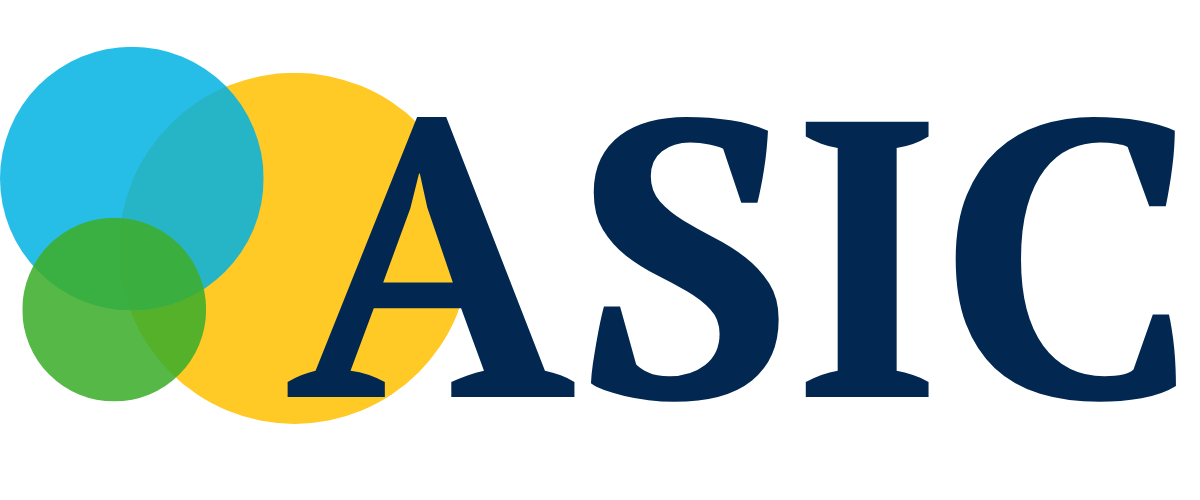Scaling-up Low-cost Sensor Evaluation and Network Integration: the Paris / Ile-de-France Experience
Presented by: Adrian Arfire, Airparif
Summary: Airparif, the observatory in charge of monitoring and informing on air quality in the Parisian region, accompanies the stakeholders and public authorities. Thus, data reliability is essential to settle appropriate action for improving air quality. Over the past years, the technological advancements of pollution sensors enable the development of novel networks that equip buildings, street furniture, vehicles or citizens. Nevertheless, the appropriation of the measurement by the general public does not automatically imply becoming a specialist of air quality. As such, a real risk is emerging of data privatization and disqualification of experts. The multiplication of data sources is also a great opportunity for the evolution of air quality monitoring. Airparif end goal is to be able to channel and integrate the data generated by these diverse measurement sources within a unified monitoring framework, in the service of the collective interest. To this end, appropriate answers to the following questions need to be found: How to evaluate the reliability of these sensors? How to collect and assimilate the data in order to improve accuracy and coverage and to provide reliable local information? What is the specific contribution that these novel technologies can bring to monitoring, communication, and raising awareness? In the absence of norms and performance standards, Airparif has developed, through its platform for open innovation – AIRLAB, an evaluation methodology based on the principle of the challenge, by coupling metrology and ergonomics criteria. Multiple projects involving fixed, mobile, or portable low-cost sensor systems are also currently deployed by Airparif. These field experimentations allow us to draw initial insights into the potential gain obtained through sensor multiplication in terms of monitoring, personal exposure characterization, and education.
